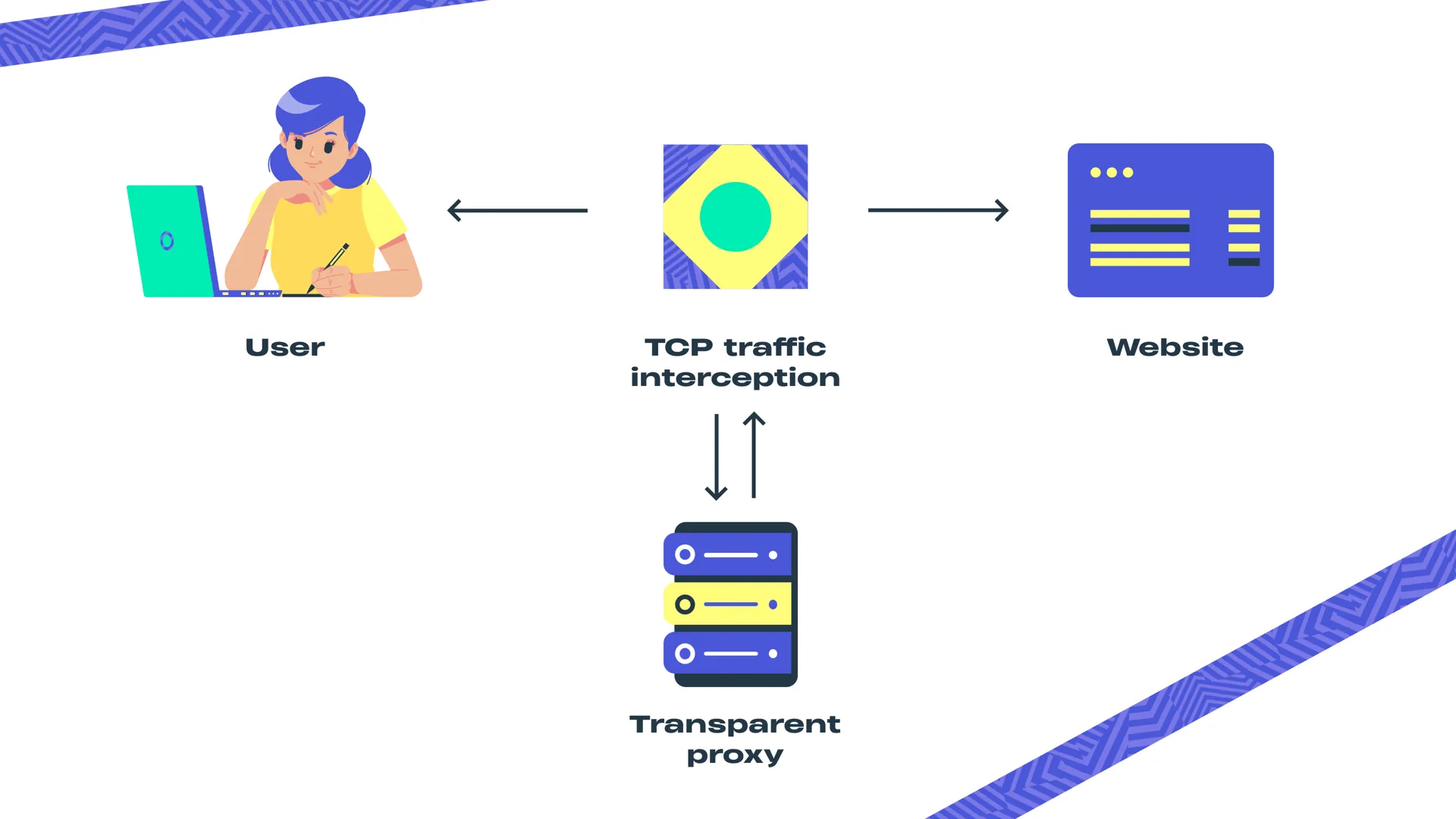In the ever-evolving landscape of internet technology, the demand for reliable and secure online connections has grown exponentially. Among various tools designed to enhance privacy and access, static residential proxies have emerged as a prominent solution that perfectly balances stability with authenticity. These proxies offer users a consistent IP address derived from genuine residential locations, enabling seamless browsing experiences while maintaining high levels of anonymity.
Static residential proxies differ fundamentally from traditional datacenter proxies. While datacenter proxies originate from data centers and often share IP addresses among multiple users, static residential proxies are linked to real devices in actual homes. This connection to legitimate residential internet service providers makes them appear indistinguishable from regular user traffic on websites. Consequently, they are less likely to be flagged or blocked by services employing sophisticated anti-bot measures or geo-restrictions.
One of the key advantages of static residential proxies is their unwavering stability. Unlike rotating or dynamic proxies that change IP addresses frequently-sometimes causing interruptions or triggering security alerts-static residential proxies provide a fixed IP address throughout the session’s duration. This consistency is particularly beneficial for activities requiring long-term access to specific platforms such as social media management, web scraping, ad verification, or accessing region-locked content without disruptions.
Authenticity is another critical facet where these proxies excel. Since they utilize IPs assigned by Internet Service Providers (ISPs) to actual households rather than synthetic sources, they mimic genuine user behavior more effectively. This authenticity reduces suspicion when interacting with websites that monitor unusual patterns associated with proxy usage. In practical terms, this means fewer captchas and lower chances of being blacklisted-a significant benefit for businesses relying on uninterrupted data collection or market research.
Moreover, static residential proxies contribute significantly to enhancing cybersecurity efforts by masking original IP addresses without compromising speed or reliability. They allow users to bypass censorship filters imposed by governments or organizations while preserving stable connections essential for professional tasks like remote work or confidential communications.
In conclusion, static residential proxies represent an ideal fusion of stability and authenticity in proxy technology. Their ability to provide consistent IP addresses sourced from real residences ensures smooth online interactions free from common pitfalls associated with other proxy types. As digital privacy concerns intensify alongside growing demands for unrestricted internet access, leveraging static residential proxies becomes increasingly vital for individuals and enterprises seeking trustworthy solutions that do not sacrifice performance for security.

